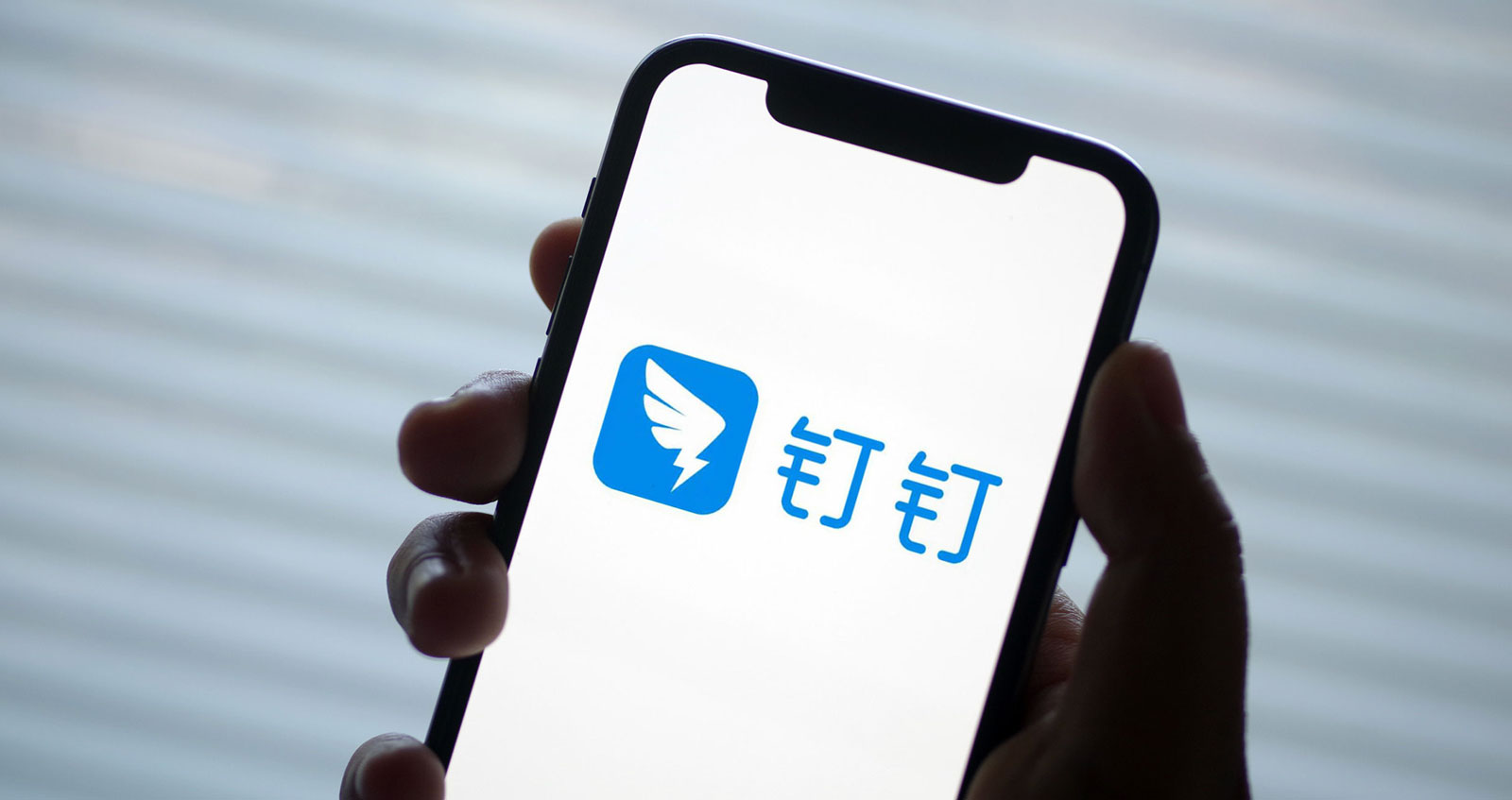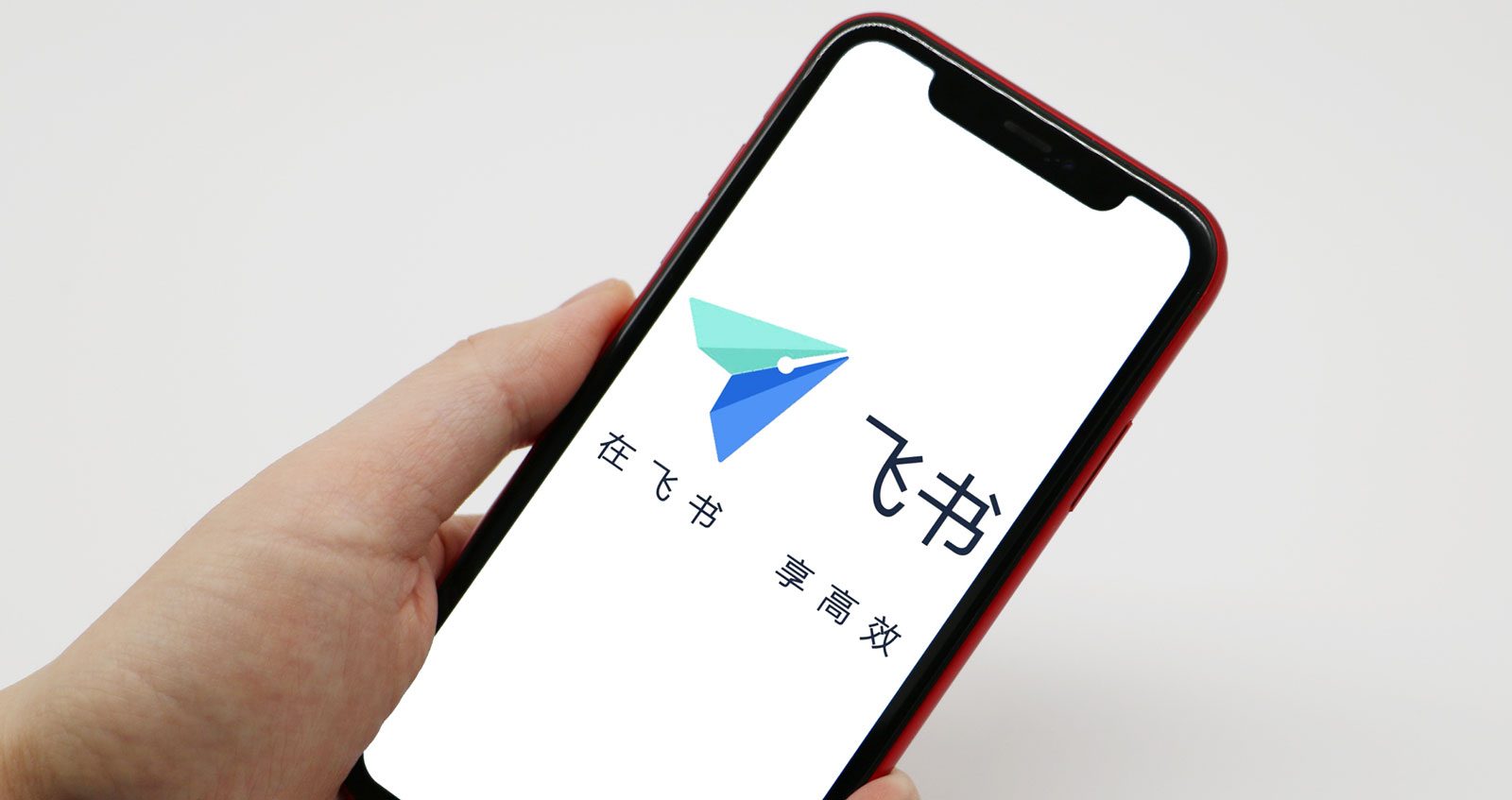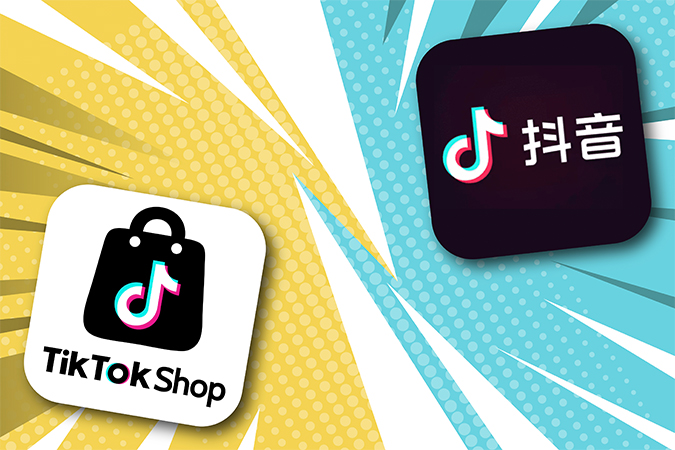What messaging apps work in China in 2025 ?
China's highly integrated digital ecosystem thrives through homegrown instant messaging apps and social media services, which reflect the country’s preference for multifunctional communication tools that support both personal and professional needs.

Overview of Available Messaging Apps in China
In China, the messaging app landscape is dominated by local platforms that cater to the needs of mobile users, offering not only everyday communication but also integrated digital services.
Popular applications like WeChat and QQ serve as essential tools, providing messaging, social media usage, and a variety of services, such as payments, shopping, and entertainment. These apps have become indispensable, with WeChat being a leading Chinese instant messenger and a social network that blends instant messaging, social media, and mobile internet usage into one multifunctional platform.
While international messenger apps like WhatsApp and Telegram are restricted due to government regulations and generally require a VPN connection.
As a result, China’s highly integrated digital ecosystem thrives through homegrown instant messaging apps and social media services, which reflect the country’s preference for multifunctional communication tools that support both personal and professional needs.
Top 5 Chinese Chat Apps
WeChat is the most popular messaging app in China, with over 1.3 billion monthly active users. Originally launched in 2011 as a simple messaging service, it has evolved far beyond basic text and video calls, becoming an all-in-one platform that Chinese users rely on daily.
Unlike typical social media apps, WeChat combines the functions of messaging, social networking, and payment services, making it essential for nearly every aspect of life in China.
From connecting with friends to paying bills, ordering food, and booking appointments, WeChat is more than a messaging app—it’s a complete digital ecosystem on a mobile phone. With its extensive reach, it remains one of the world’s most influential social platforms in terms of monthly users and functionality.
QQ is a well-known Chinese messaging application that remains popular, especially among younger Chinese users. Originally launched before WeChat in 1999, QQ has evolved into a versatile social platform that offers messaging, gaming, and multimedia sharing features. It allows users to create customizable avatars and participate in group chats, making it particularly appealing to teens and young adults.
Though WeChat has become the primary app for general communication, QQ still holds a strong place in China’s digital landscape with 573 million monthly active users, especially as a go-to social platform for entertainment and connecting with friends in a lively, interactive environment.
WeCom aka WeChat Work
WeCom, developed by Tencent and launched in 2016, is a workplace communication tool designed to facilitate collaboration and streamline workflows within companies. With over 180 million active users, it integrates seamlessly with WeChat, allowing businesses to connect with clients and partners who primarily use WeChat for personal communication.
WeCom offers features such as group messaging, calendar management, document sharing, and task assignments, making it ideal for managing team activities and client interactions. Additionally, it supports video conferencing and customer service functions, catering to various business needs.
With Tencent’s backing, WeCom has become a popular choice among organizations in China seeking efficient internal and external communication.
DingTalk
DingTalk is a Chinese messaging platform primarily used for professional communication, developed by Alibaba in 2014.
With over 500 million registered users, DingTalk serves as a comprehensive platform for businesses, offering features such as instant messaging, video calls, file sharing, and task management. Unlike other social platforms, DingTalk is designed to streamline workplace collaboration, making it ideal for team communication and project coordination.
During the COVID-19 pandemic, DingTalk faced review bombing after it was used to send homework to students in quarantine. In April 2020, DingTalk Lite was launched in key Asian markets. The Lite version supports calls with over 300 participants and live broadcasts for more than 1,000 viewers, along with translation in 14 languages, including Japanese and English.
Feishu
Feishu, developed by ByteDance and launched in 2016, is a versatile workplace communication and collaboration platform that has quickly gained popularity in China and other markets.
With over 10 million active users, Feishu is designed to enhance productivity by combining instant messaging, video conferencing, document sharing, and project management tools in a single app. It also features cloud-based document editing and real-time collaboration, making it particularly useful for remote teams.
Unlike many traditional messaging apps, Feishu integrates AI-powered tools, including translation services, which support global communication across multiple languages.
Positioned as a strong competitor to Tencent’s WeCom and Alibaba’s DingTalk, Feishu is especially favored by tech-savvy companies seeking innovative and flexible digital solutions for team coordination and business communication.
Chinese Social Media Platforms
While messaging apps dominate communication in China, social media platforms also play a crucial role in the digital ecosystem, offering additional tools for engagement, entertainment, and consumer interaction.
Weibo, often described as China’s Twitter, is used for sharing news, opinions, and trending topics. Douyin (the Chinese version of TikTok) is a leading video sharing platform, popular for its short video content and interactive features, especially among younger audiences. Xiaohongshu (Little Red Book) is a key platform for lifestyle, fashion, and product recommendations, heavily influencing shopping trends. In addition, Tencent Video and Bilibili offer video streaming services that are particularly popular for entertainment, gaming, and fan communities.
With millions of social media users, these platforms provide a wide range of social media services that businesses can leverage for marketing, brand-building, and consumer interaction.
Conclusion
Chinese messaging apps such as WeChat, QQ, WeCom, DingTalk and Feishu have become integral to daily life and business operations in China. These dominant platforms not only offer traditional messaging services but also provide advanced features like video chats, file sharing, and integrated online services.
With their high penetration rate across the country, these apps have established themselves as the market leaders in communication, offering both domestic and international calls. As China continues to lead in digital innovation, these messaging apps are likely to remain at the forefront of the global communication landscape.
Want to Succeed in China? Download Our Free 84-Page Strategic Guide

Want to Succeed in China? Download Our Free 84-Page Strategic Guide
Keep up with the latest trends
DFC Studio is a Beijing-based digital marketing and e-commerce agency specialized in the Chinese market.
From strategizing your market entry to fostering brand recognition, our mission is to facilitate your expansion in order to boost your sales.
What sets us apart is our team of highly accomplished professionals, all of whom are graduates from renowned international universities.
This unique blend of bicultural expertise and deep understanding of the Chinese market positions us as a great partner to unlock your brand’s full potential in this thriving landscape.










